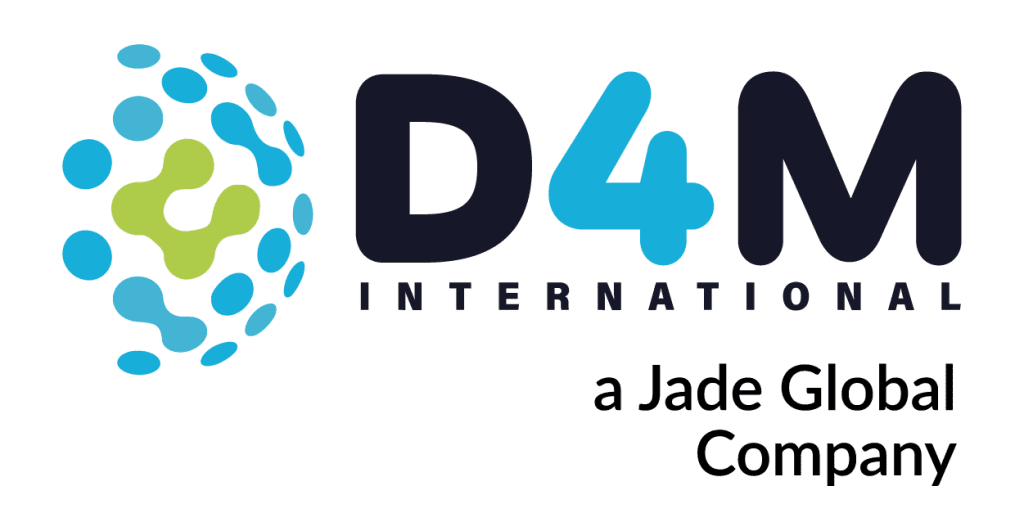When it comes to manufacturing plants, every single step – from production scheduling to the shipping/receiving of materials – must planned meticulously in ERP software. However, what happens when an ERP software – the most vital piece of a manufacturing plant – is not working as it should be?
Here to break down the pitfalls of ERP rollout/consolidation and how to avoid them is D4M International’s COO Jean-Yves Durocher. I sat down with him last week to talk about the importance of commitment in companywide ERP projects as well as the potential costs that may arise if companies choose to use two ERP platforms.
Gene: I’d like to take the next maybe 10, 15 minutes to talk about not only standardization, but the potential cost of failure when it comes to an ERP rollout. So, when it comes to an SAP rollout, there is so much data and there’s so many processes that are being moved over.
Gene: What exactly is the importance of properly doing an SAP rollout? Let’s just say, for argument’s sake, that someone doesn’t take the time the as much as you guys do in your templates and your rollouts and so forth. What exactly are the potential costs that could arise from that situation?
Gene: I remember once you talked about it as a “two-headed beast” if that helps.
JY: I think if you refer to the “cost” of failure in SAP projects, it usually goes hand in hand with project delays. When you talk about any ERP project, or any ERP for that matter, once you start missing deadlines, and if the projects start getting longer than planned for whatever the reason, it becomes extremely costly for many reasons.
JY: First of all, the obvious one you may have 10, 20, 50 people on the task. Not only are you a business that has day to day operations to complete, you’ve got a small army of consultants working on your project. And if, suddenly, for whatever the reason, your project is delayed, then you’re forced to add another three, four months of salaries to the equation.
JY: At the end of the day, it’s very simple; the longer it takes for a rollout, the longer you will have to pay the outside team until its finished. So, if your burn rate is half a million a month, if you were to add just four months, here it goes, your price just went out couple of millions. Because of the size of the task, projects and their potential delays are often counted in longer periods of time! Don’t expect delayed rollouts to be finished in a week and a half!
JY: And worse still, if you start delaying, you cannot dissolve the team. You cannot just send people back to their regular day-to-day work. You need to finish the job! Extending the deadline just keeps running up a significant cost.
JY: On the flip side, if there are any benefits that you were hoping to get by reducing your number of ERP from five to four or reducing the total cost of ownership, the cost of the project starts outweighing the amount saved on ERP consolidation.
JY: This is why, for us, we make a point to work extremely hard with the team and the client end up to deliver a project on time, on spec and on budget. It is fundamental not only in ERP rollouts, but business in general. To achieve those goals on any project, this is the golden Rule. We’re going be on time, on spec and on budget at the end of the day.
Gene: I know you guys also do like consulting for various businesses and so forth. So, just out of curiosity, have you ever consulted a company that was in that nightmare scenario in which it’s like they did an SAP rollout, but they still have two different ERPs.
Gene: I think you guys often refer to it in-house as the “two-headed dragon”. Have you ever dealt with companies like that, and if so, what exactly are some words of advice in order to like, deal with that, that huge headache?
JY: We have seen that and let me give you a common example. On occasion, when corporations migrate to a new ERP software, BUT they end up keeping the old ERP alive out of convenience, as they keep their old ERPs historical data, statistics, or legal information stored on the old system. Corporations might be tempted to keep the old ERP alive even after the new one has been in production.
JY: My advice to them is, even though you tell yourself that it is a “temporary situation”, it is still a big risk is always the same. I like to tell those corporations that “there is nothing permanent in a temporary situation”; meaning, once you get into the motion of keeping the old ERP for a while, the risk of losing data will be it is still there a year, two years later – especially, as the software is no longer supported.
JY: To me, every effort must be made to bite the bullet and unplug the old erp. There might be there is ways around that we can assist the client with that. There’s always work around available that might not be seems optimal upfront, but, at the end of the day, these are much better than trying to hold onto your old system.
JY: Most of the time, trying to keep the old ERP alive for small business needs carries a big price tag. So, my advice in this situation is, if you’re afraid of losing data after an ERP rollout, take a step back – you bought the new system to store those files in the first place! You don’t need two ERPs at once – either from a planning or financial perspective! The sooner you could unplug the old ERP, the better.
JY: Also, keep in mind, typical planning to unplug the old ERP takes one or two months; after that, the old ERP is officially unplugged. It’s gone.
Gene: Yeah, and obviously, when a plant isn’t working efficiently, not only would you have to hire people to fix the problem, but there’s also a lot more cost because people have to do onboarding for two different platforms.
Gene: Also, potentially speaking, if a plant isn’t run well, that means you’re also losing out in terms of the revenue, right? Because you’re not making the product to sell.
JY: Correct. Now, on the revenue side, typically there’s not much of an impact for a simple reason: unless something really goes bad in your ERP rollout, typically the sales cycle shouldn’t be affected at all.
JY: One last thing to keep in mind when it comes to ERP rollouts; sometimes, clients have this fear that if you got a new ERP software that you will suddenly start losing sales or your plant productivity will decrease. Though this could happen and is probably the worst case scenario when it comes to the manufacturing business, as IT professionals, it is your goal to make your clients feel like there is zero impact for them – to the point where the rollout has to be a non-event.
JY: If a client of a large corporation is ordering parts or services or whatever, it doesn’t matter if there was a team of IT professionals working behind the scene to make it happen. For the client, the process must be totally seamless in order to keep buying products from the company. A company’s production line doesn’t stop because they moved to a new piece of software; they still need to get the order out on time; hell, if anything, a new ERP software should be improvement on production and not the other way around!
JY: after an ERP Rollout, a company should be able to see that “wow, it’s going to be better faster”; in other words, they should see some positive impact. The worst case scenario is that, suddenly, it takes longer to do manufacturing processes because one plant is on SAP while another is running Infor. Then this, is where it gets much more stressful because you put yourself in a situation where you’re impacting your client; meaning, they see that those guys are having trouble to process my order.
JY: When this happens, it’s not a warm and fuzzy feeling. This is why, you have to take every precaution – from the day of the rollout – to make sure that your clients will only see a good experience. Either they’re going to see no blip at all – a complete non-event – or, it may be even better than it was before.
JY: When you do an ERP rollout correctly – from the IT side AND the onboarding side – you’re plant will receive either a better response from a client when you commit to a newer system OR keep production levels the same as they were before; but it cannot go backwards.
For more interviews/success stories, be sure to check out the official D4M International YouTube page!
D4M is a privately owned company specializing in leveraging digital technologies to accelerate manufacturing clients to their transition to Industry 4.0. With long tenure and hundreds or successful projects, we are confident that our approach and experience provides the roadmap to help bring clarity and efficiency to your manufacturing operation.
To find out how we can help with your SAP environment, or to learn more about how we rolled out SAP to 60 locations in 60 months, reach out to us today. Contact form and office numbers listed below.
We look forward to partnering with you!






